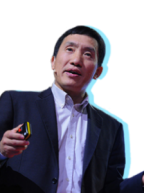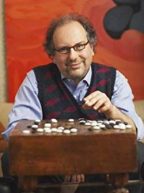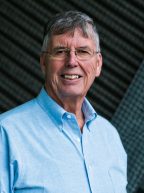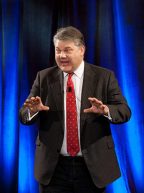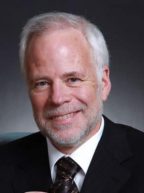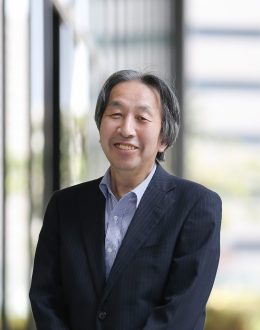
Masahiro Hara keynote speaker
- Creating a More Convenient World with New Technology
- QR Code Development Story
- The Birth of the QR Code: A Digital Revolution
People are increasingly turning to QR codes to access information, and, more recently, pay for goods and services. The technology was the brainchild of an engineer at Aichi-based manufacturer Denso.
Denso engineer Hara Masahiro invented the QR code 25 years ago. The division where he worked was subsequently split off into a subsidiary named Denso Wave, where he now holds the post of chief engineer.
Hara says that the company previously used barcodes to keep track of parts, but that the system was inefficient. “There were upward of ten barcodes on any one box,” Hara recounts. “Employees got tired of having to scan boxes multiple times, and this led us to come up with a code that would enable a large volume of information to be conveyed in a single scan.” From the need to keep better track of car parts sprang the QR code.
A QR code is characterized by a two-dimensional pattern of square black and white dots. With this pattern, it is possible to imbed 200 time more information than a standard barcode.
The codes can contain basic information like links to websites or large volumes of data consisting of over 4,200 alphanumeric characters that are encoded into the patterns. To access the information, a person needs only scan the QR code.
This Aichi-born technology is also utilized by firms overseas. At Amazon Go, an unmanned convenience store in Seattle, QR codes are used to identify shoppers entering the premises. The low-cost of implementing QR Code technology has also made the codes an affordable choice for companies in developing countries.
Hara is glad to see his idea has caught on and is driving an increasingly wide array of state-of-the-art services. However, he insists there are still boundless potential for the codes. “I would like to see QR codes containing medical information distributed to individuals for use in disaster situations,” he exclaims. “Staff at evacuation centers could scan the codes, allowing them to provide appropriate medical services.” Going forward, he believes that new applications will emerge that go far beyond what he initially dreamed.
